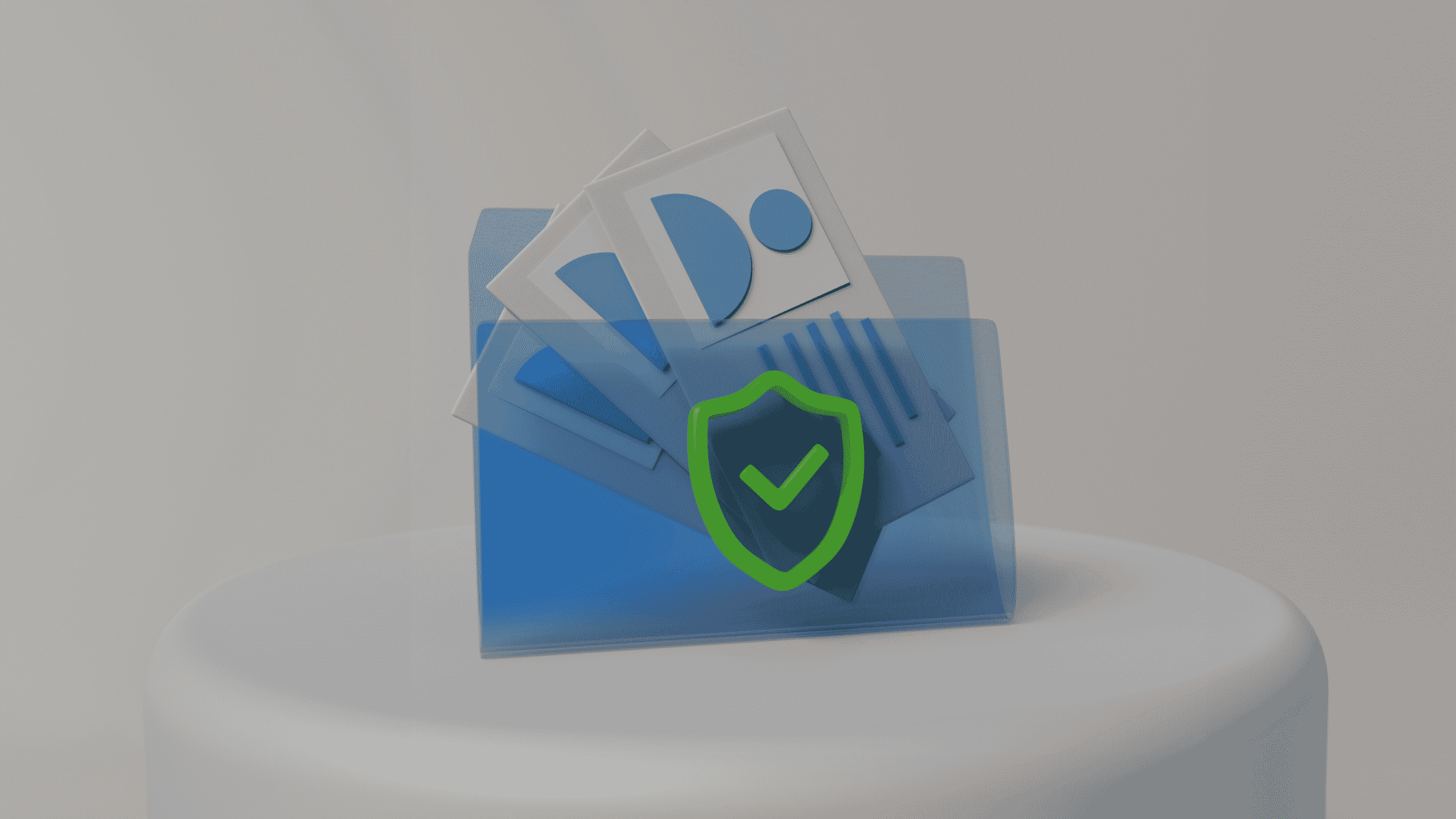By Patricia A. Pramono • Studio 1080, Published on May 07, 2024
TABLE OF CONTENTS
With digital convenience now at our fingertips, it's alarmingly easy to overlook the importance of online privacy. For example, downloading a plethora of mobile apps or signing up for a service is just a click away, online privacy has become a luxury. Especially among millennials, the urge to stay updated with the latest apps and trends often overshadows the importance of digital information. This tech-savvy generation finds themselves regularly downloading new apps for their convenience without considering the urgency or the potential compromise to their data privacy. A simple action such as registering applications with a Gmail account can inadvertently give away personal data without realizing it. But as we integrate more of our personal lives into the digital world, it's paramount to step back and reassess how we protect our online presence. As the digital landscape evolves, so does the sophistication of cyber threats, making it crucial to take steps to protect one's digital presence.
1. Cultivate Awareness: The First Line of Defense
Awareness is key and the cornerstone of online privacy! Many times, the allure of new applications can often cloud our judgment on privacy concerns. Before downloading the latest app, take a moment to consider what personal information it requests access to. Does a gaming app really need access to your contacts or location? Make informed decisions and adjust app permissions accordingly. Bolster your account security by creating complex passwords and utilizing multi-factor authentication. This basic yet effective step can significantly reduce the risk of unauthorized access. Browse for as much information before giving away your permissions and consent to these digital platforms. There are new various applications emerging each day, and each requesting permissions that may compromise privacy. Critically evaluate your app permissions and opt for platforms that respect user privacy.
Moreover, a casual click on a seemingly harmless link or sharing personal details on the internet can lead to significant breaches. Therefore, it's crucial to be vigilant. Avoid opening attachments or clicking on links from unknown sources. Leverage a full-service internet security suite that protects against various threats. This awareness extends to recognizing the ease of giving out information when signing up for new apps or services—often a simple process that can compromise your data.
2. Regular Software Updates
Strengthen your digital walls with software updates because they are not just about new features; they are critical for patching security vulnerabilities. These updates often include patches for security vulnerabilities that could leave your data exposed, and address newfound vulnerabilities. By ensuring that your operating systems and applications are up-to-date, you are lessening the chances of being exploited by cybercriminals, so setting your devices to update automatically can significantly reduce the risk of data breaches and enhance online privacy. Automate these updates to ensure your operating systems and security solutions are always at the cutting edge.
3. Tread Carefully on Social Media
Share wisely! Social media platforms are treasure troves of personal information. Thus, it is necessary to reflect on your social media habits; is it necessary to share every detail of your life? Adjust your privacy settings to limit what you share publicly and be selective about whom you connect with. This caution can significantly reduce the risk of social engineering attacks—a technique cybercriminals use to manipulate you into divulging confidential information. Limit personal information exposure and think twice before posting. This cautious approach can shield you from unwanted attention and potential cyber threats.
4. Secure Your Online Footprint and Personal Information
Every click, every entry, every sign-up forms part of your digital footprint. You can ensure secure browsing by verifying website authenticity and opting for secure connections (look for "https://" and not just "http://"). Consider using the Incognito or Private mode, or even VPN services, particularly when connecting to public Wi-Fi, to encrypt your online activity. This practice is especially pertinent when you're exploring or signing up for new online services and platforms.
Furthermore, (and referring back to the first step) be aware of the current various types of phishing frauds. Whether it’s a phishing email or a suspicious text message, always question the legitimacy of unsolicited requests for personal information. Additionally, dispose of personal documents securely—shredding them to prevent dumpster diving, a common tactic used by fraudsters.
5. Educate Your Circle
Lastly, online safety is not a solo endeavor. The final step involves educating those around you—children, friends, the elderly—about the potential dangers online. The digital world is inhabited by users of all ages, and fostering an environment where online safety is openly discussed can protect not only you but also those in your community. Whether it's explaining the basics of safe browsing to seniors or discussing the dangers of oversharing with teenagers, spreading knowledge can create a more secure online environment. This collective effort can significantly amplify the level of protection against digital threats.
In line with Cisometric's commitment to fortify the cybersecurity maturity in Indonesia, understanding and implementing these steps are pivotal in navigating the digital world safely. While the convenience of modern technology is undeniable, it should not come at the cost of our privacy and security. Let's commit to a safer digital footprint, one step at a time.
Got any more questions regarding the topic? Follow us on LinkedIn and connect with us!
#Cisometric #CyberSecurity #SecuringTomorrowToday #DataPrivacy #CyberSecurityMaturity #ThirdPartySolution #DigitalDefense #DigitalIdentityProtection #OnlineSecurityTips #DataProtectionExpert #SecureDigitalFuture #InnovativeCyberSolutions

